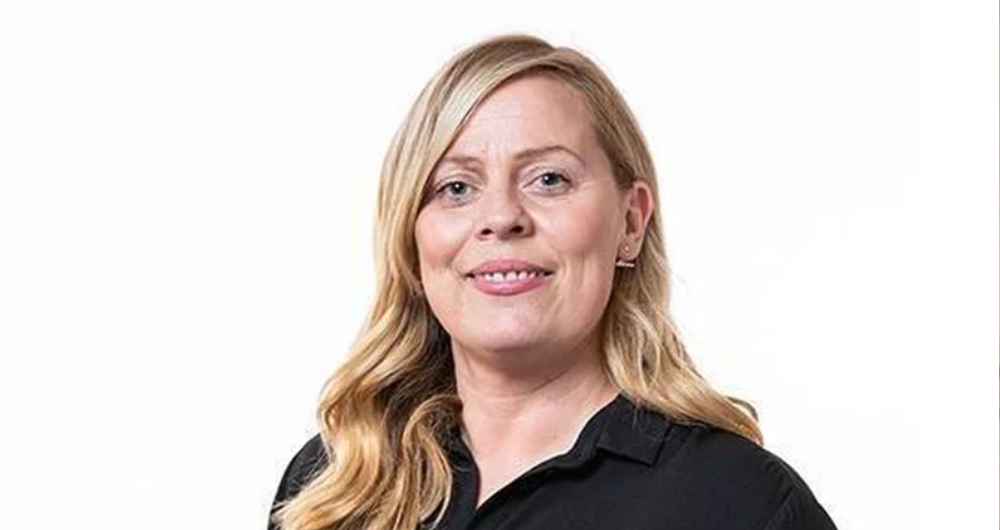
Dr. Katriona O’Sullivan, Digital Skills Lecturer, Assisting Living and Learning (ALL) Institute, Dept.of Psychology, Maynooth University, Maynooth, Co. Kildare, Ireland.
The €1.5m Google Insight Scholarship programme will welcome its first intake of students in September 2024. The new fund will enable universities to provide scholarships to students from under-represented communities, including people with disabilities, women in STEM, first generation students with no history of third level education in the family and members of the Traveller community, who wish to apply for undergraduate courses where Artificial Intelligence (AI) and Digital Safety are core elements of the course. Details of how to apply will be made available on Inisght’s channels over the coming weeks so watch this space.
Dr Katriona O’Sullivan,Digital Skills Lecturer at the Department of Psychology in Maynooth and author of the bestselling book Poor, is a co lead of the programme with Prof Noel O’Connor, CEO of the Insight SFI Research Centre for Data Analytics at DCU. She explains how her personal experience of accessing the education system from a position of disadvantage drew her to the Google Insight Scholarship initiative.
Why did you choose to get involved in the Google Insight Scholarship campaign?
I am passionate about ensuring that students from diverse backgrounds get equal opportunities to thrive in the world of STEM. They face many challenges; financial, social and cultural; this grant provides a huge financial support alongside the opportunity for the scholars to work with people in the Insight SFI Centre, through mentoring, to understand the world of AI and Data Privacy. I saw this as a wonderful opportunity to offer funding that tries to reach students on the margins, in subjects that are pivotal to the future workforce. I love that this is a partnership approach to change; having Google and the Insight SFI Centre demonstrating their passion and commitment to changing the opportunities for diverse groups was a powerful incentive for me to be involved. Who doesn’t want to help diverse students thrive?
Why do we need to diversify voices in STEM, and AI in particular?
Diversity brings with it so much more than just opportunity, it allows us to develop products and practices that are more representative of the world in which we live. Initiatives that are aimed at attracting more diverse groups are not about charity- these people are not broken people needing fixing. They are talented and imaginative and motivated. We need to create the conditions for them to thrive. Offering them the financial and mentoring support to participate is part of that process! Diverse teams produce better products and teams that are more diverse are also happier.
How have scholarships and targeted supports helped you in your career?
As a student I got financial support from the Dublin Docklands. It was a game changer for me. It meant I could buy books and pay for childcare. I was on my own with my son and had no family support. I was able to be in college because of it. This was the difference between me staying in college and leaving! I also was able to get support from the Vincent de Paul – and the college too. The conditions were in place so I could shine- that was having financial supports, and people to turn to when I struggled. And a pathway to college- an access programme. All of these made it possible for me to shine!
Apart from financial supports for individual students, what are some of the systemic changes that we need to see in order to encourage diversity in AI and STEM?
We need people to be mentors to young people from diverse backgrounds, we need to create education opportunities which are relevant to the diverse groups. We run a system change project called the STEM Passport for Inclusion which gives girls in DEIS schools a qualification in stem, which gives them Leaving Cert points and a mentor- they also get to visit STEM companies. We need system change. Diverse students are untapped talent- the conditions for success are financial supports, pathways to and through employment, support systems which include having a person to turn to, and finally the STEM industry needs to shift itself and become more welcoming and aware of the world outside of their own social class!